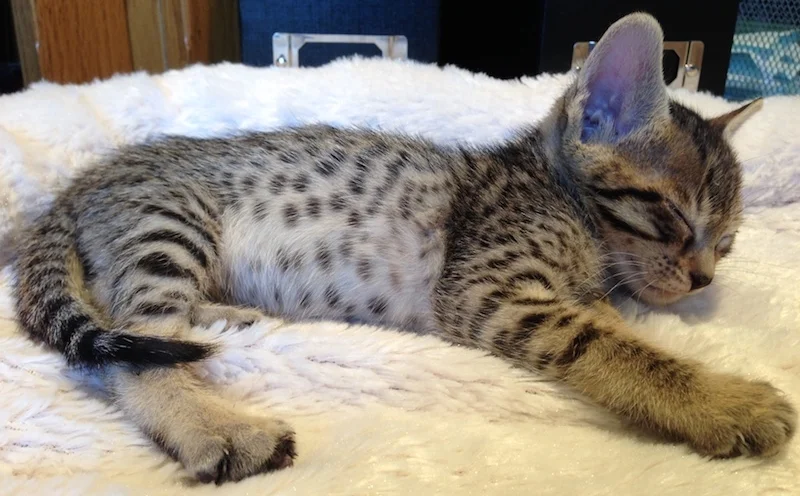Despite the challenges, people opt for African safaris throughout the year. The lure of diverse wildlife and natural splendor lure millions of people from all corners of the globe. Exploring the sanparks, the natural habitats for various wildlife species, including lions and cheetahs, can be a mesmerizing experience. However, selecting the tour time is one crucial factor affecting the overall experience! Every season in Africa has something to offer for tourists. Monsoons may not be the default choice for tourists, but they have advantages.
Why go for a Monsoon Safari in Africa?
The advantages of choosing a safari during the monsoon season become pretty clear on close analysis. These are:
Relief from the rush- Not everyone likes the idea of group safari tours and sharing accommodation and transport vehicles with others. In most African regions, the off- peak season for safaris is the monsoon season. This can be ideal for couples who want privacy while enjoying wildlife tours and those who do not mind getting drenched in the wild. The pools, lounges, and open-air barbeques at the famous game reserves tend to be less crowded.
Lighter on the wallet- Safari tour costs can be high based on what is included in the package. However, several operators offer lower package deals to woo visitors in monsoon months. So, those on a limited budget should opt for monsoon safari tours. Apart from a dip in accommodation rates, one can find cheaper-priced flight deals easily.
Balanced climate conditions- Avoiding the summer heat in Africa is always recommended, especially for people from colder regions. The monsoon brings some relief from the oppressive heat. However, the downside is the risk of seasonal ailments, infections, and poor road conditions in some places. Tourists can, however, spend more time on game drives and bush walks without sweating or getting exhausted quickly.
Ideal for birdwatchers—According to the top resources, during monsoon safari tours in Africa, it is easy to spot more bird species alongside predatory mammals and wildebeests. Migratory and native bird species flock to the wetlands and floodplains, which is ideal for avid birdwatchers.
Ideal for shutterbugs—The flora gets a makeover of sorts as heavy showers drench the African savannah. East African countries look stunning during the monsoon months, with rich foliage and wildflowers blossoming in the national parks and elsewhere. The sunsets and sunrise views also look stellar, with dark clouds adding an element of drama to the scene.
Things to keep in mind
Those planning for monsoon safari tours in Africa should carefully analyze the pros and cons. While the climate will likely be pleasant and less humid, heavy downpours can play spoilsport! Also, packing for a monsoon tour has to be done carefully. You need to know what to carry and what to avoid, so that you don’t end up carrying excess luggage.
Checking with the operators about health issues like vaccination needs is also necessary. Packing necessary medications and insect repellants is also recommended. To obtain more helpful insight on these issues, one can check out websites like https://www.safari.com/.





